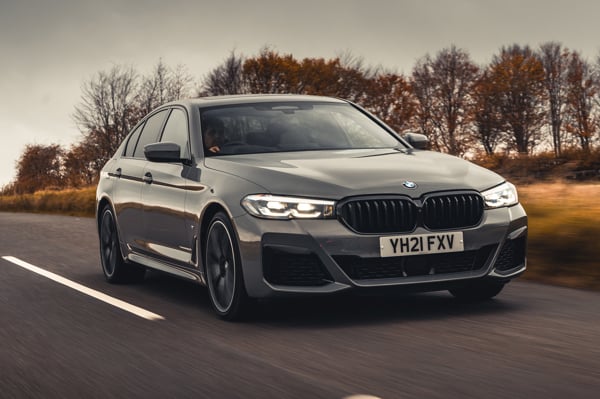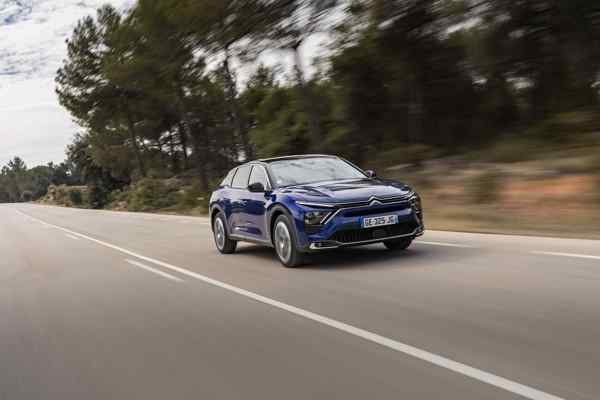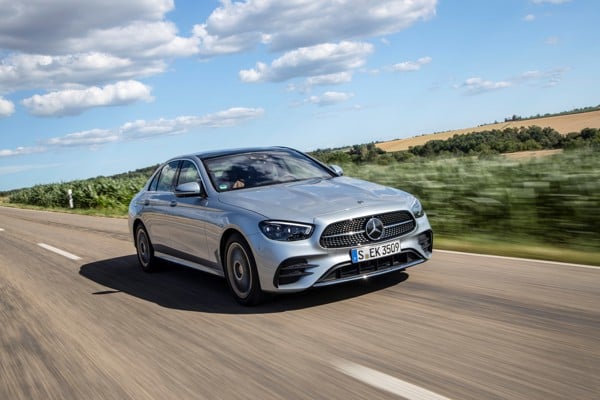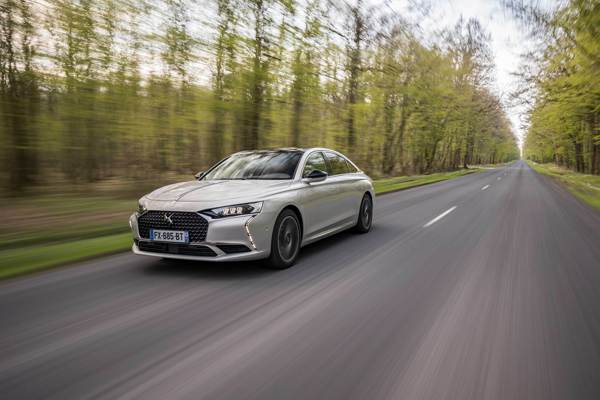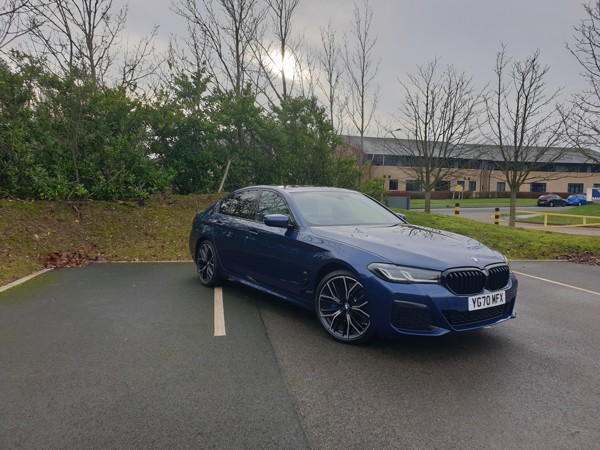Review
In a world where the launch of a non-SUV by a mainstream manufacturer is becoming a rarity, Peugeot’s approach with its new 408 is somewhat refreshing.
Categorised by the manufacturer as a C-segment fastback, the 408 can be described as a five-door hatchback that rides a little higher than a saloon and also features SUV-style body cladding.
It may sound like a mish-mash of concepts that shouldn’t really work as it sits in a no-man’s land between the traditional sectors of hatchback and SUV, but it should not be dismissed easily.
It is a striking car, featuring all of Peugeot’s latest styling cues, and – at 300mm longer than its 308 hatchback sibling – offers a decent level of practicality.
Next year, it will be available as a fully-electric car and, although Peugeot has not released any further details, it is likely to share the same 158PS motor and 54kWh battery powertrain as its recently announced e-308 electric models. These have a range of up to 248 miles.
Until then, the most fleet-friendly versions are those with the 180PS and 225PS plug-in hybrid powertrains, which offer CO2 emissions of 26g/km and electric-only ranges of up to 40 miles, putting them in the 8% benefit-in-kind (BIK) tax band.
These use a 1.6-litre petrol engine offering different power outputs dependent on the model, a 12.4kWh battery and electric motor. Starting P11D prices for the PHEVs are £38,345, rising to £43,145.
As standard, they are fitted with a 3.7kW on-board charger which means the battery can be fully charged in just less than three-and-a-half hours. An optional 7.4kW on-board charger reduces the charging time to just over one-and-a-half hours.
The 408 is also available with a 1.2-litre 130PS petrol engine with a starting P11D price of £30,765. However, its CO2 emissions of 137g/km put it in the 32% BIK bracket, making it far less attractive to corporate customers.
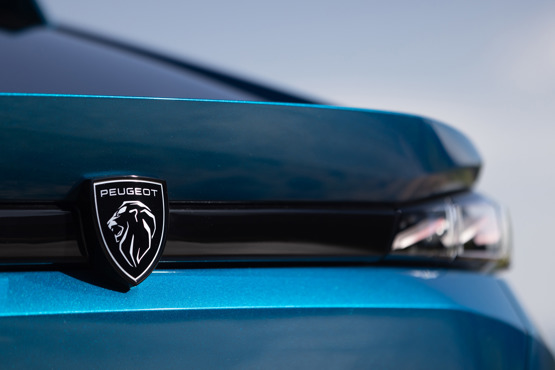
Peugeot is positioned as one of the more premium brands in the Stellantis stable and the quality of the 408’s cabin reflects this.
Build quality is high, with plenty of soft-touch material throughout the interior. There is plenty of room for all occupants and, given the 408 has a longer wheelbase than the 308, it offers increased legroom in the rear. Headroom is ample for all but the tallest of back-seat passengers.
Compared with the 308, it also has a useful increase in boot space. The PHEV offers 471 litres while the petrol variants have 536 litres.
The 408 also features Peugeot’s now traditional i-Cockpit dashboard, which means it has a small steering wheel placed below a high-set digital instrument panel, so the driver looks over the steering wheel to see the 10-inch digital instrument cluster instead of through it.
Its centre console is angled towards the driver and features a 10-inch touchscreen through which Peugeot’s latest infotainment system is operated.
The graphics are clear and modern, and the interface is straightforward to use, with functionality helped by having six customisable digital shortcut keys underneath the main screen to allow the driver to access their most-used functions with a single touch.
The infotainment system also uses the maker’s new voice control system. Sat-nav is standard across the range, which comprises three trim levels: Allure, Allure Premium and GT.
Standard equipment on the Allure entry-level model includes dual zone air conditioning, rear privacy glass, rear parking sensors, LED headlights and 17-inch alloy wheels.
Allure Premium adds a drive-assist pack which includes rear cross traffic alert, adaptive cruise control and long-range blind spot detection. It also features acoustic laminated front side windows, front parking sensors, keyless entry and 19-inch alloy wheels.
We tested the range-topping GT variant, which adds lane position assist, heated steering wheel, driver sport pack, smart electric tailgate, and full matrix LED headlights.
The sporty theme of the GT is highlighted with green stitching and aluminium trim throughout the interior, which improve the cabin’s ambience.
On the road, there is also plenty to like. The 408’s steering is direct and nicely-weighted, while the softness of its suspension means it soaks up bumps and lumps really well, making it effortless to cover distances in comfort.
The powertrain provides enough power to accelerate strongly in electric mode as well as blending petrol and electric power smoothly and quietly the rest of the time.
Peugeot expects the Hybrid 225 GT to be the best-selling model in the UK, and, as the most powerful, it is also, understandably, the fastest.
However, its 0-62mph sprint of 7.8 seconds is just 0.3 seconds quicker than the lower-powered Hybrid 180 model, but carries a £1,500 premium.
On the road the difference in performance is likely to be barely perceptible in almost all circumstances, meaning fleets and drivers would be better off taking the leasing and BIK savings offered by the Hybrid 180 models instead of paying a premium for the Hybrid 225.
Overall, it’s an impressive package, and if a company car driver is looking for some of the greater practicality of an SUV without losing the hatchback looks and feel, they would do well to look at the 408.
Specs
| Manufacturer | Peugeot |
| Model | 408 |
| Specification | 408 Fastback HYBRID 1.6 PHEV 12.4kWh 180 GPF €6 Allure Premium e-EAT Auto8 23MY |
| Model Year | 0.00 |
| Annual VED (Road tax) | £0 |
| BIK List Price | £39,270 |
| CO2 | 27g/km |
| BIK Percentage | 8% |
| Insurance Group | N/A |
| CC | N/A |
| Fuel Type | Petrol Hybrid |
| Vehicle Type | Large family car |
| Luggage capacity (Seats up) | 5litres |
Running Costs
| P11D | £39,270 |
| Insurance group | N/A |
| Fuel Type | Petrol Hybrid |
| Cost per mile | 99.09ppm |
| Fuel | 3.28ppm |
| Depreciation | 92.10ppm |
| Service maintenance and repair | 3.71ppm |
Rivals
Info at a glance
-
P11D Price
£39,270
-
MPG
235.4 (WLTP) -
CO2 Emissions
27g/km -
BIK %
8% -
Running cost
3 Year 60k : N/A 4 Year 80k : N/A -
Fuel Type
Petrol Hybrid



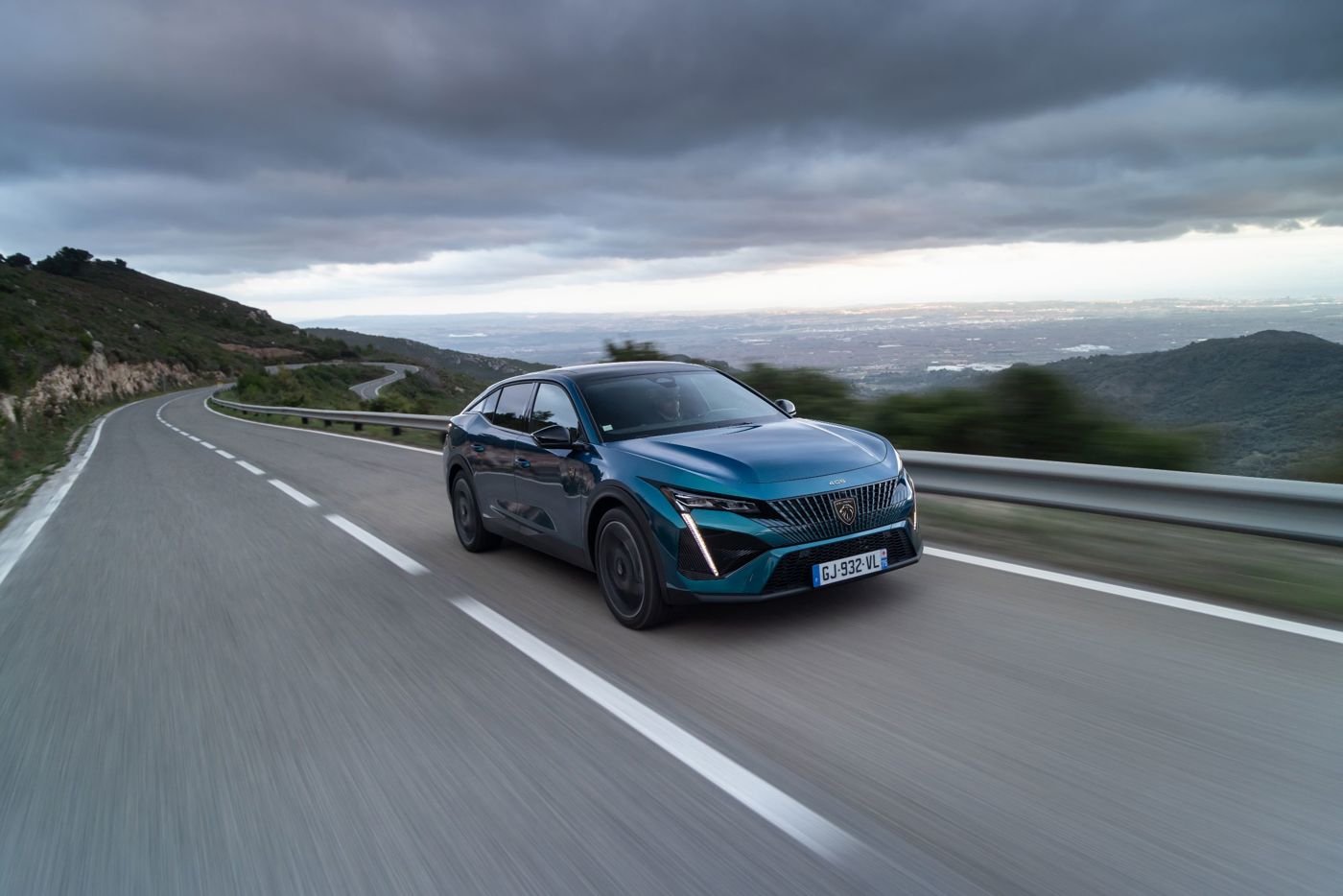
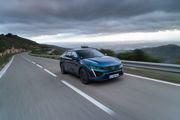
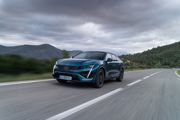
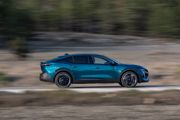
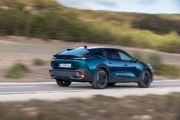
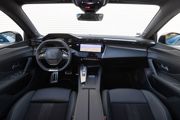
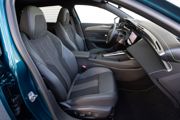

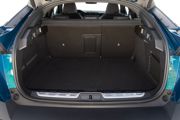



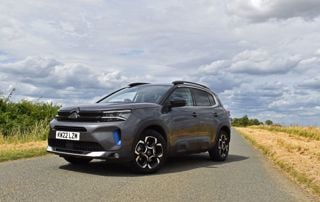
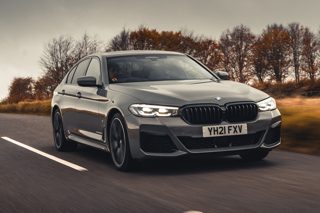
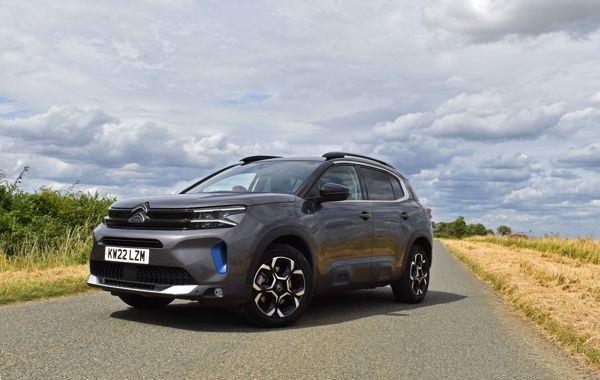
 Petrol Hybrid
Petrol Hybrid
